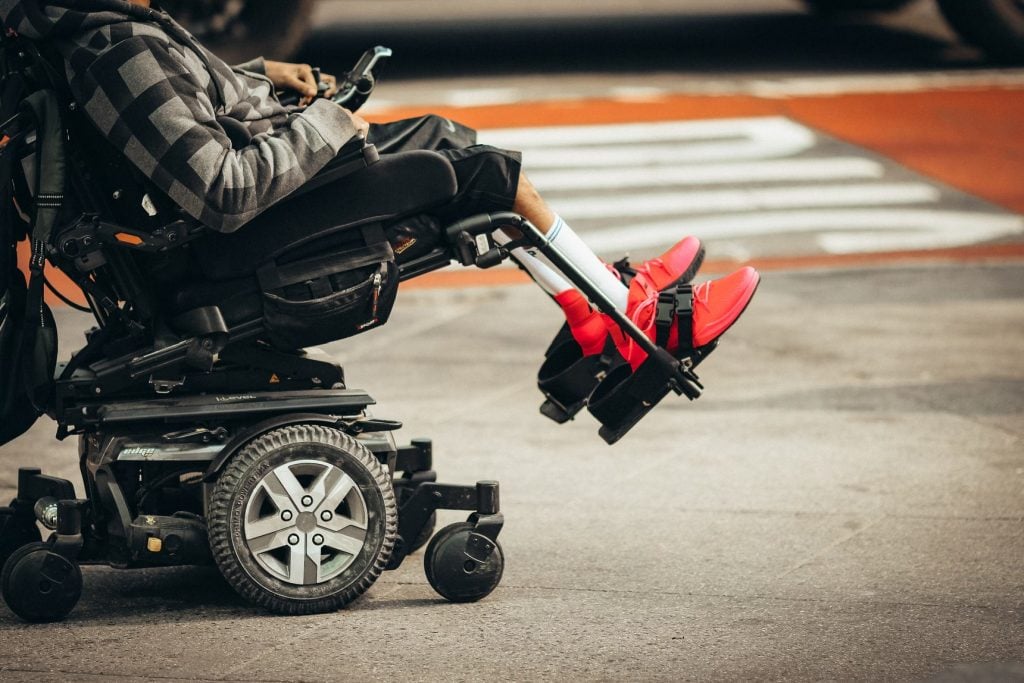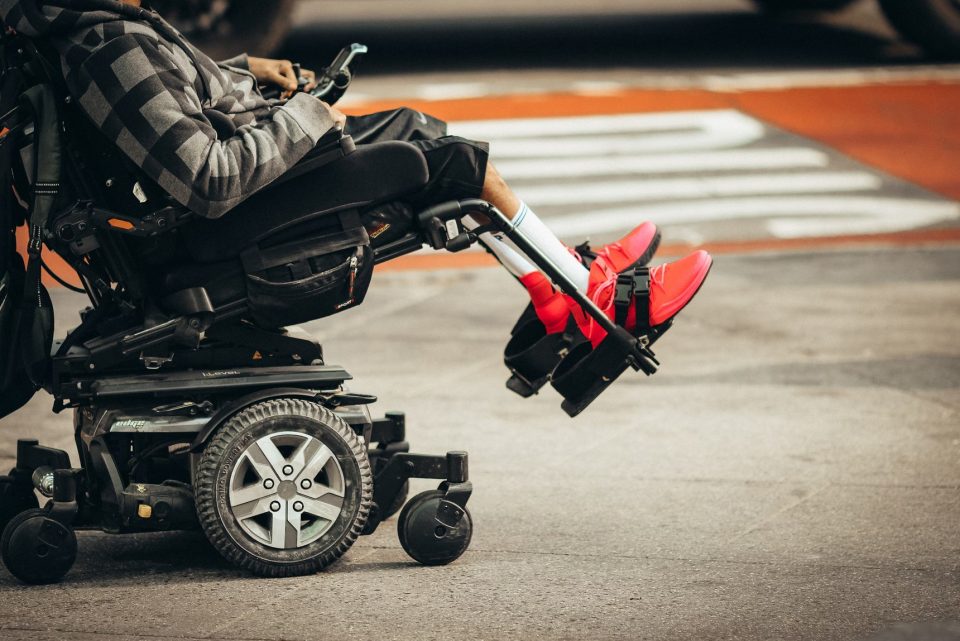
Olympic fever is still in the air as the 2024 Paralympics start in Paris on 28 August; and airlines, hotels, and tourism boards have implemented a range of innovative changes to create more inclusive experiences. This demonstrates a growing commitment to improving accessibility in the global travel and hospitality sectors to cater to more than 1.3 billion people (16% of the global population) who have some form of disability according to the World Health Organization (WHO).
In the Middle East alone, there are roughly 50 million individuals with disabilities, many of whom are frequent travellers, either as residents or tourists. As a region, the Middle East is making significant strides toward enhancing mobility access for people with disabilities. Here’s how.
A region-wide commitment to accessibility
The United Arab Emirates (UAE) has demonstrated a strong commitment to accessibility by adopting the term “People of Determination” to describe individuals with disabilities or special needs, reflecting a respectful and empowering approach. Across all seven emirates, the UAE has also implemented a wide range of accessibility regulations to support travellers who require additional assistance. Notable initiatives include the People of Determination Protection from Abuse Policy and the Emirati Sign Language Directory, which emphasise equal rights and protection from discrimination.
Broader regional efforts in the Middle East mirror the UAE’s commitment to accessibility. For example, the region has hosted significant events, such as the recent 2024 World Para Athletics Grand Prix in Dubai, and the World Shooting Para Sport Championships in 2022. This underscores the ongoing dedication to promoting inclusivity and accessibility on a global scale.
Advances in accessible air travel
Airlines have reported a 30% annual increase in wheelchair assistance requests at airports. This surge reflects the growing demand for accessible travel options, particularly on routes to and from regions like the United States, the United Arab Emirates, and Europe. In response, the International Air Transport Association (IATA) published new guidance last year to improve travel accessibility. This guidance includes improved communication toolkits from airlines, better staff training on accessibility and the importance of gathering precise information on passengers’ needs through the use of Special Service Request (SSR) and Passenger Name Requirement (PNR) codes.
Airlines in the Middle East are also enhancing their services to support passengers with disabilities. Middle East Airlines (MEA), for instance, offers comprehensive special assistance services, while Emirates is also stepping up, ensuring that its extensive network of flights to Paris for the upcoming Paralympics is fully equipped with the necessary support services. Dubai’s major airports, DXB and DWC, also offer a full range of special services, including prioritised drop-off zones and accessible washrooms.
Technological innovations driving accessibility
Technology is playing a crucial role in making travel more accessible. For example, in May 2024, Transreport, a UK-based company specialising in accessible travel technology, expanded its services to the UAE, offering the following:
- Real-time assistance apps – These apps allow passengers to request assistance at any point during their journey, ensuring timely support.
- Mobility aid tracking – Advanced tracking systems for mobility aids help prevent mishandling and loss during air travel.
- Accessible communication platforms – Enhanced digital platforms ensure that information is easily accessible to all travellers, including those with hearing or visual impairments.
One example of this technological push for in-destination experiences is Motiongate Dubai, which recently announced new deaf-accessible tech features. These include the expansion of QR code systems to provide accessible information across various attractions, with plans to extend these features to other popular destinations.
Enriching accessible experiences in MENA

The MENA region is enhancing travel infrastructure and enriching the experiences available to travellers with disabilities. The UAE, for instance, already has accessible parks, like the Dubai Miracle Garden and Yas Waterworld Abu Dhabi, along with wheelchair-friendly zoos like the Sharjah Breeding Centre for Endangered Arabian Wildlife and Dubai Safari Park. Many shopping facilities across the Emirates are equipped with wheelchair ramps.
Financial incentives, such as discounts on public transport and reduced entry fees at parks and museums, further encourage accessible tourism. Legoland Dubai, for instance, provides accessible rides and a Ride Access Pass for quick entry.
Saudi Arabia’s luxury Red Sea destination is setting new standards for accessible tourism. Certified as disability-friendly, this destination offers inclusive experiences such as accessible diving centres, eco-friendly hotels with universal designs, and electric boats with wheelchair access. Red Sea Global, the developer behind this project, requires all employees and partners to adhere to the UN-backed ISO 21902 standard for Accessible Tourism for All.
Speaking to Selling Travel, Mark Dyer, Accessibility Director of Destination Development at Red Sea Global, said, “We’re creating a new set of technical standards that will encompass the best of global accessible design. They will also include understanding cultural requirements in the Middle East, such as the design of prayer rooms and mosques. At Red Sea Global, we offer a handful of active tours, including hiking, scuba diving and sailing. Our goal is to create different options for all abilities.”
Investing in accessibility education
Education and training are vital to the MENA region’s efforts to enhance accessible travel. IATA, in collaboration with international organisations, is hosting workshops focused on mobility assistance to develop sustainable solutions for travellers with disabilities. These initiatives aim to make cities in the region more accessible.
Speaking at the Accessible Travel and Tourism International Conference in Dubai in January, His Highness Sheikh Ahmed bin Saeed Al Maktoum, patron of the conference, said, “The UAE is a pioneering country in which people of determination receive special priority. The UAE is on the path to becoming the best destination in the world for tourism services, and I call for concerted international efforts to ensure the provision of accessible tourism for more than a billion people around the world.”
IATA in partnership with the Italian Civil Aviation Authority, PRM assist, British Airways, dnata and Istanbul Airport will also be hosting a series of workshops on mobility assistance. IATA’s Assistant Director for External Affairs, Linda Ristagno said at a recent conference, “Travelers may need help navigating busy airports, have difficulty with stairs, or be visually impaired. It is critical to provide the right options and assistance that meet the specific requirements of each traveller, but at present, wheelchair services are often provided by default, and this may not be the ideal solution for the travel for the traveller. The IATA workshop in Dubai aims to address these issues by finding sustainable solutions to meet the diverse needs of travellers.”



